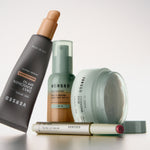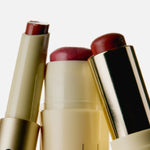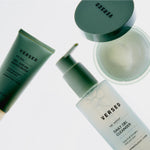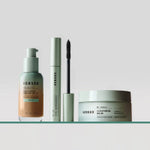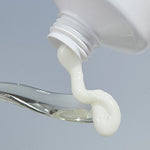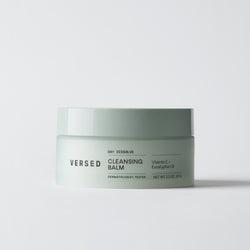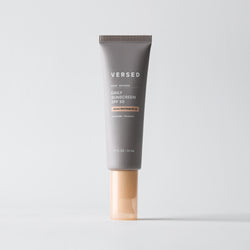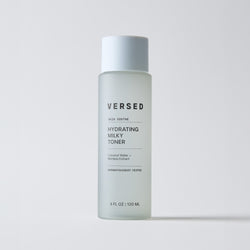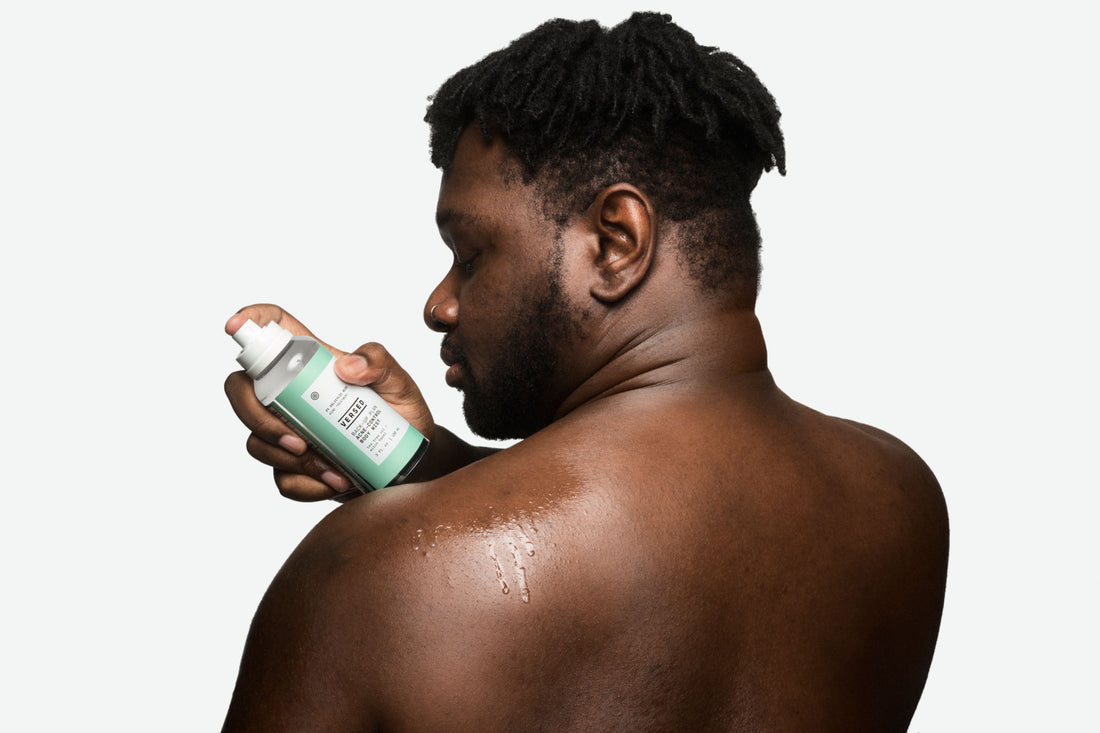There’s so much more to oily skin than a shiny T-zone. From more visible pores to pesky blackheads, excess sebum affects the skin in more ways than one. But before you get frustrated by your oily complexion (and eliminate hydration from your routine entirely), know this: All skin types produce oil—even dry ones. Stripping the skin of all its natural oils doesn’t benefit any complexion, oily and acne-prone ones included.
For optimum skin health, maintain a skincare regimen that keeps the skin’s sebum levels balanced—not too much, but not too little. Here’s how:
WHAT IS SEBUM?
‘’Sebum is an oily, waxy substance produced by the sebaceous glands that protects and moisturizes the skin,” says Diana Yerkes, lead esthetician and educator at Rescue Spa. This oil’s main job is to lubricate the skin and keep its moisture barrier intact, essential for a soft, firm, and healthy complexion. ‘’Sebum controls the skin’s moisture balance and protects it from bacterial and fungal infections,” adds Yerkes.
Bottom line: Sebum is important. What separates oily skin types from other ones, however, is the overproduction of sebum. Genetics, hormonal imbalances (including pregnancy), and even medications can cause our sebaceous glands to go into overdrive. This is where we start to see greasy, shiny complexions and clogged pores.
HOW TO TELL IF SKIN IS OVERPRODUCING SEBUM
"A [shiny] surface, acne, and sometimes even perioral dermatitis could be a sign of excessive oil production,’’ says Yerkes. And while you don’t want to have too much sebum, you also don’t want too little. When sebum production is low, it can cause ‘’dry and fragile skin,’’ Yerkes explains, as well as a compromised moisture barrier.
The best way to tell if your skin is producing the right amount of oil is to simply look in the mirror. If you cleanse your skin and notice it looks shiny or greasy an hour later, you probably could use some oil-balancing skincare, such as the Just Breathe Clarifying Serum. It helps regulate the skin’s sebum levels, prevent breakouts, and calm inflammation (including painful, cystic acne).
If skin appears parched or flaky, on the other hand, your products could be stripping the skin by removing too much moisture. Use a lightweight toner like Baby Cheeks to replenish its hydration levels.
THE BEST SKINCARE FOR OILY SKIN
While you can’t change your skin type (it’s determined by genetics), you can help control oiliness through skincare. “Excess sebum [can] be regulated through an oil-balancing skincare regimen,’’ says Yerkes. This means layering in formulas that remove some oil without eliminating it.
Case in point: ‘’One of the biggest mistakes made when it comes to oiliness is overdrying the skin with harsh cleansers,’’ says Yerkes. When the skin is stripped of its natural oils, it will produce even more sebum to compensate, and this can worsen some of the common issues associated with oily skin such as clogged pores, visible shine, and bumpy texture. Swap to a gentle cleanser such as the Keep the Peace Acne-Calming Cream Cleanser. Its non-drying formula removes excess sebum and shuts down breakouts without stripping the skin. If you’re not particularly prone to acne, a gel cleanser like Wash It Out is another great option, too.
If skin tends to still feel oily after cleansing, add in some treatments to sop up excess sebum. Yerkes recommends ingredients like clay and charcoal, both found in the Find Clarity Purifying Mask. Niacinamide and salicylic acid are beneficial, too. If you notice some shine on the back or shoulders, spritz on the 2% salicylic acid found in the Back-Up Plan Acne-Control Body Mist.
Remember: To balance oil production, some moisture is key. Oily skin types should not skip moisturizer in an effort to make skin appear less oily. Instead, Yerkes recommends sticking with water-based moisturizers versus lipid-enriched ones. Dew Point Moisturizing Gel-Cream is lightly hydrating but also non-comedogenic, a great choice for oily and acne-prone complexions. During the daytime, don’t forget to follow up with an oil-free sunscreen such as Guards Up. For long-term repair, pat a few drops of our Moisture Maker Hydrating Hyaluronic Serum to provide instant relief for dry skin while improving the skin barrier’s own hydrating and moisturizing capabilities.
A few nights a week, you can replace night cream with The Shortcut Overnight Facial, which contains another ingredient Yerkes recommends for oily skin: vitamin A. ‘’Vitamin A can do wonders for skin cell turnover. It removes layers of dead skin cells that trap excess oil.” It also minimizes the appearance of pores, which can become stretched out when clogged with oil, dirt, and bacteria.
Shop for oily skin below.
